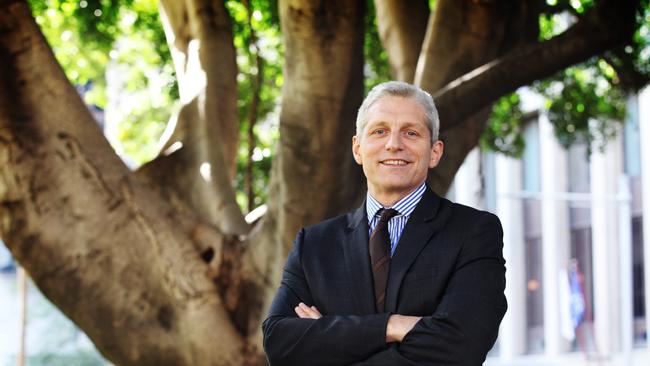Customers eye life insurance lift following Hayne’s blowtorch
The banking royal commission should spur positive change for life insurance customers, new research suggests.

The Hayne royal commission’s scrutiny of the troubled life insurance sector should spur positive change for customers, new research suggests, as the industry moves away from aggressive sales calls and products that offer little value.
A fresh study, commissioned by life insurer NobleOak, shows that 72 per cent of consumers have “some level of confidence” in outcomes from the royal commission improving the life insurance industry. It found that just 20 per cent of survey respondents would turn to an adviser to compare insurance products, as many said their confidence in that channel had been “undermined” by the commission hearings.
The survey received responses from 1043 Australians aged between 30 and 60 years old and was conducted by research and content firm Pureprofile.
Life insurers raised the ire of the Australian Securities and Investments Commission last year and were also in the spotlight of the royal commission. The industry has been outed for a number of failures including pressure sales tactics and policies being foisted on unsuspecting or venerable customers and high rates of claim rejection.
In two reports last year, the corporate regulator moved to restrict outbound sales of life and funeral insurance and ban the sale of accidental death insurance, after uncovering “aggressive selling” practices and poor outcomes in the sector.
The NobleOak survey is further proof that customers have lost a lot of faith in financial services companies.
It found that the more than a third of respondents said the royal commission’s revelations would change their behaviour. Almost 24 per cent said they would “explore different insurers” while 9.5 per cent said they wouldn’t take out life insurance as a result of the industry’s misconduct.
About 69 per cent of respondents said they used websites to compare life insurance and the survey also found little value in advertising as consumers relied on reviews and advice from family and friends.
NobleOak chief executive Anthony Brown said the findings showed the evolution of the life insurance industry was continuing rapidly.
“This is driven both by technology and the erosion of trust in traditional channels,” Brown said.
“Where once the purchase of life insurance was outsourced to financial advisers and banks, today’s consumer is accessing increasingly effective digital tools and customer reviews online, while taking control of this decision making.
“This environment presents providers with many challenges, with the issue of trust a critical differentiator.”
Mr Brown also stressed the life insurers that succeeded in this market would be those that won the “trust and confidence” of consumers and had strong online advocacy.
NobleOak — which provides direct life, total and permanent disability insurance, trauma, income protection and business expenses insurance -was not, however, immune from last year’s industry scrutiny.
During the royal commission’s hearings into funeral and life insurance sold to Aboriginal and Torres Strait Islander people, a Commonwealth Bank audit of its customers on Palm Island was tabled. CBA serves a third of all Palm Island residents and audited the direct debits of its customers to examine money that was being deducted for “non-essential” services.
According to the audit, Hannover Life Re was the life insurance company with the highest number of transactions of the top 20 companies charging customers for “non-essential” debits. St Andrew’s Life Insurance, TAL and NobleOak were also in the top 20.





To join the conversation, please log in. Don't have an account? Register
Join the conversation, you are commenting as Logout